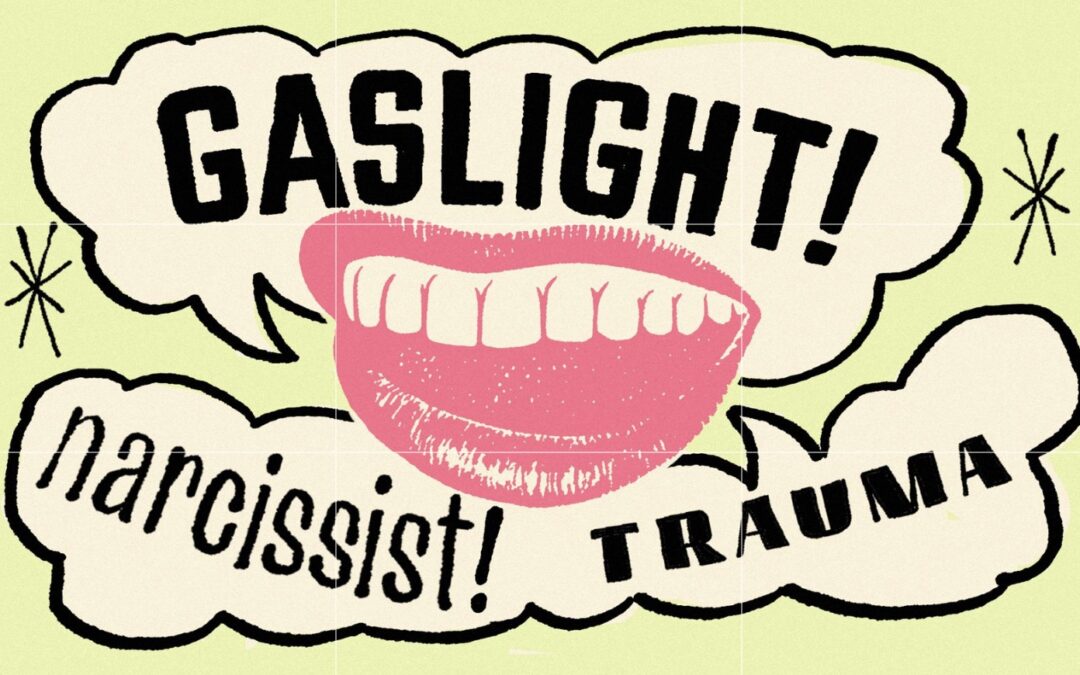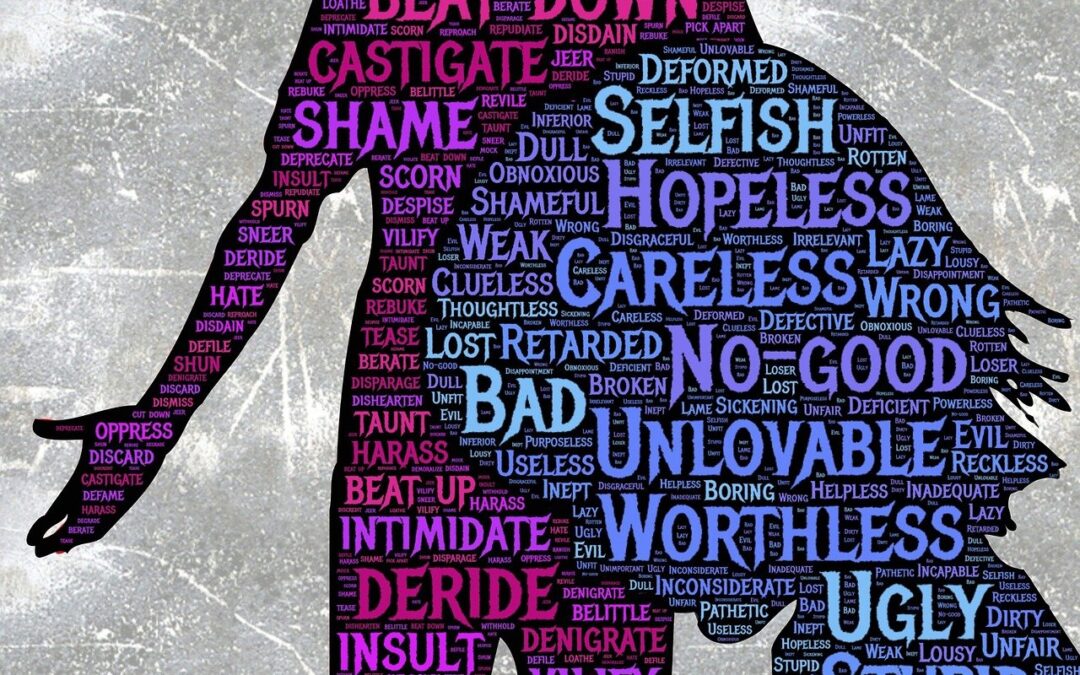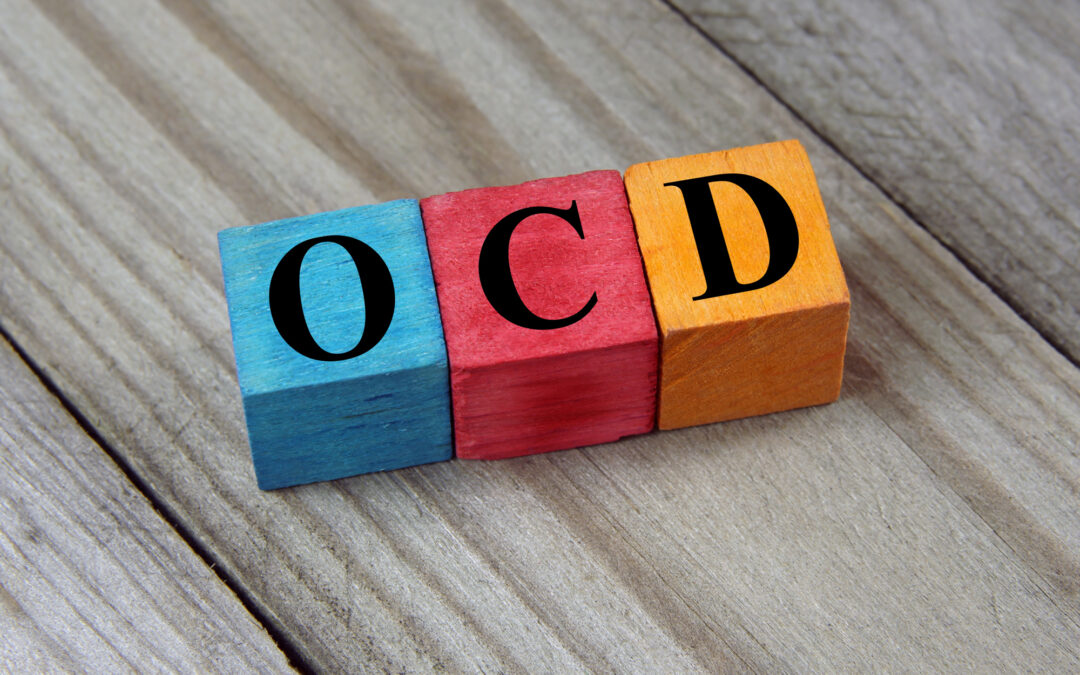In recent years, therapeutic terms like “manipulation,” “gaslighting,” and various diagnostic labels have become part of everyday conversation. While raising awareness about mental health is important, the casual misuse of these terms can dilute their meaning and, more worryingly, endanger others.
The Problem with Mislabeling
When terms like “narcissist” or “gaslighting” are used loosely, they can lose their clinical significance. For example, calling someone a narcissist because they exhibit selfish behavior ignores the complex criteria required for a diagnosis of Narcissistic Personality Disorder. Similarly, labeling disagreements or misunderstandings as “gaslighting” can trivialize the serious psychological abuse the term originally described.
This overuse can harm relationships, stigmatize individuals, and prevent people from getting the professional help they need. When diagnostic terms are thrown around carelessly, those truly suffering from mental health issues may feel invalidated or misunderstood. It can also lead to false accusations, damaging trust and communication between people.
How It Endangers Others
Misusing these terms doesn’t just dilute their meaning; it can also endanger others. For example, accusing someone of being manipulative or gaslighting without fully understanding the context can escalate conflicts and create unnecessary hostility. This can result in serious social consequences, from strained relationships to workplace discrimination.
Additionally, the use of terms based in incorrect information can lead to mismanagement of mental health concerns. It is important that the meaning behind words continue to carry their weight and effectively communicate the severity of an experience or situation. This dilution or twisting of terms can prevent someone from accessing the appropriate treatment or support they need.
A Call for Caution and Compassion
As therapists, we advocate for increased awareness and understanding of mental health. Instead of jumping to conclusions or labeling behaviors with clinical terms, let’s promote open, honest communication and encourage people to seek professional guidance when they’re struggling.
By being mindful of our language, we can help preserve the integrity of these important concepts and protect the mental health and well-being of ourselves and others.
_____________
For readers seeking more information or guidance on mental health topics, consider scheduling an appointment with one of our therapists who can provide professional insight tailored to your individual needs. You can book an appointment by calling (352) 363- 1998.
Do you feel stressed out? Anxious?
Is it hard for you to relax? Do you have trouble falling asleep or staying asleep? Feel panicky sometimes? Heart racing? Hard to take a deep breath? Does all this make it hard for you to function the way you’d like to?
The number one complaint I hear from clients entering my office for the first time is anxiety.
No doubt, we live in a thoroughly stressed out world. And as a result, many of us are anxious.
And anxiety feels awful. But luckily, it’s one of the easiest to treat mental health concerns!
All it takes is a little education, and some willingness to make some simple changes…changes that seem so small they’re easy ignore.
Anxiety doesn’t come out of nowhere. And yes, there are several possible contributing factors – genetics, family modeling, specific traumatic events, over-stimulation.
But the main reason you have anxiety is uninterrupted STRESS.
Now, stress is a normal part of life. Can’t live without it. Our “flight or flight” response has evolved us into a sophisticated, competent species. We get a lot done. And for the most part, we stay safe doing it.
Feeling stressed is appropriate for new and/or periodic/infrequent experiences. For stressful events, like an exam, or a first date. For avoiding a car accident. For pulling ourselves or a loved one out of danger.
Physiologically, our breathing gets shallow, the blood vessels in our extremities narrow, and our arteries dilate, allowing more blood to the brain. Cortisol, the stress hormone, surges through our body along with adrenalin. We’re ready for action.
We’re supposed to feel that surge of anxiety, allow it to propel us over the hump, the obstacle, or the scary experience…and then the stress is supposed to drop back down to our baseline. Fairly relaxed, open, unworried.
In other words, we’re meant to use stress…not let stress use us.
When the stress ends, if we’re intentional about our body’s need to recover, breathing returns to normal (full, deep belly breaths, not shallow upper chest breaths). Cortisol and adrenalin drop back down. Blood vessels resume their normal functioning.
Our bodies can and do recover from stress.
Unless.
Unless we get swept into the “doing, not being” current. Unless we’re over- scheduled and under-rested. Unless we are relentlessly hard on ourselves. Unless we’ve forgotten how to relax.
And apparently, a lot of us have forgotten. Stress that’s supposed to be intermittent becomes chronic.
In our busy and over-stimulating world, anxiety surges, and then before it can come down to baseline, it surges again. The stress level gets high and stays high, and then climbs ever higher with each new stressor. We don’t come down to baseline. We live in a chronic state of stress. We’re so used to it, we hardly notice.
But when we experience this kind of chronic stress, we never come down from our state of hyper-arousal. And over time, guess what happens? Chronic stress turns into an anxiety disorder.
That’s right: anxiety comes from, in large part, the fact that we don’t let our bodies recover from the natural spikes of stress that we experience in daily life.
Fast forward a little, and that’s when we end up with something off the following menu of anxiety disorders:
- Generalized Anxiety Disorder (GAD)
- Obsessive-Compulsive Disorder (OCD)
- Panic Disorder
- Post Traumatic Stress Disorder (PTSD)
- Social Phobia (or Social Anxiety Disorder)
I want to share Six ways to interrupt your stress response.
Put these in your back pocket, print out the list, or keep it on your phone for reference. (Because when you are having a moment of intense anxiety, that’s the same moment you won’t be able to remember any of these tips).
1) Breathe. This is the quickest route to interrupt the stress response and head off an anxiety attack. Sit down, close your eyes, put your hand on your belly, and take a deep enough breath that you feel your belly rise and fall. Focus on getting air into the bottom part of your lungs, not just the top third where most of us like to breathe. Count to 4, in and to 4, out.
I advise my clients to start and end the day this way: 3 (or more) deep breaths before you get out of bed in the morning, and 3 (or more) before you go to sleep. And then build from there, doing it during the day, in your car at a red light or when sitting in a meeting. Get your body back in touch with the way we’re supposed to breathe.
2) Alternate tensing/relaxing muscle groups. Sit comfortably, and then raise your legs straight out in front of you, flexing your feet and tensing your leg muscles. Hold for a few seconds, then drop your feet back to the ground. Do a couple times. Take a deep breath in-between. Do the same with your arms, flexing your hands. Then your shoulders: shrug them up to your ears and drop down. Notice the warmth you feel as your blood rushes back into your extremities. That’s good, oxygenated blood, helping get rid of the stress hormones and bring you back into balance.
3) Have a micro-meditation session. One of the misnomers about meditation is that it has to be a significant amount of time. Not so! Just sit, close your eyes, and do a quick body scan. You’ll probably notice your jaw is tight. Move it around and maybe yawn. Let your tongue float in the middle of your mouth. Now take some deep belly breaths. Don’t try to control your thoughts or achieve a blank mind. Just notice them, along with the noise in the room or outside, and anything else your senses pick up. Just notice, and breathe. Voila! You just meditated. Even 1 or 2 minutes will lower your stress level and interrupt the climb up to anxiety.
4) Stretch. Stand up, open your arms, raise them above your head, bend over and reach for your toes. If you have a foam roller, lay down on it with your spine along the length of the roller. Open your arms and move them, really expanding your chest. Roll back and forth and break up some of the tension in your back. This also helps blood flow, oxygen, and the relaxation response
5) 30-second hug. Study after study shows that physical contact lowers our stress hormones. After just 20 seconds, your body begins to release oxytocin, a powerful hormone that acts as a neurotransmitter in the brain and increases the bond we feel with others. Make a concerted effort to get and give more hugs in your life. Connection is a great antidote to stress. And that leads to…
6) Connect with others. Isolation increases stress. Connection, with people we like and who like us, mitigates stress. I love the quote by Anne Lamott: “My mind is a neighborhood I try not to go into alone.” Connecting with others gets us out of our unhealthy thought patterns, makes us laugh, makes us feel like we’re not “terminally unique” and reminds us not to take ourselves so seriously. All good for interrupting the stress response that leads to anxiety.
So there you go: 6 easy ways to interrupt your stress response and get you on the road to anxiety disorder prevention.












